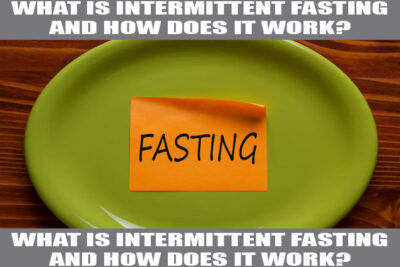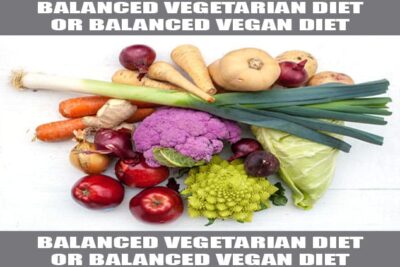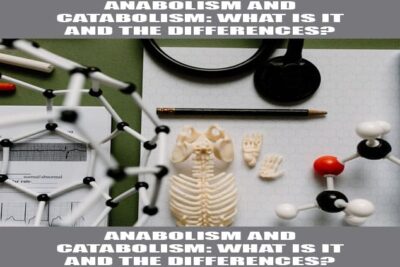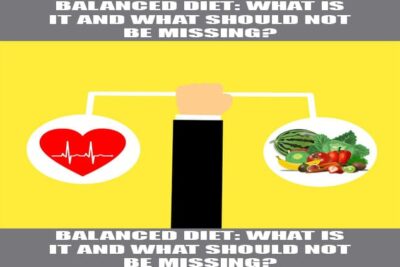
Alternative medicine: what is it?, types and advantages and disadvantages
What is Alternative Medicine?
Alternative medicine, more specifically natural medicine, is a growing field exploring the healing powers of various types of alternative medicinal techniques and cultures, often with an emphasis on the use of alternative or non-traditional methods to treat illness. This field includes traditional Chinese medicine, Ayurveda, herbalism, chiropractic, meditation, nutrition, psychotherapy, homeopathy, and other alternative medical practices and beliefs.
Alternative medicine is a broad term that refers to a wide range of alternative medical practices, therapies, and strategies. It is an umbrella term that can encompass a wide variety of practices, modalities, and philosophies, often claiming to support or oppose conventional Western medicine. In some cases, alternative medicine has been incorporated into Western practices, and in other cases, alternative medicine has been criticized or assumed to be a complement to Western medical practices.
In conventional medicine, "alternative" is used to describe an unconventional course of action. For example, although many adults in the United States take nutritional supplements to help maintain healthy bodies, alternative medicine practitioners view these products as complementary and preventive forms of treatment, not as substitutes for conventional medicine. Some alternative medical practitioners refer to complementary and integrative health care, which means combining the best of conventional and alternative medical approaches.
Alternative medicine advantages and disadvantages
Advantage
The first advantage of alternative medicine is that it focuses on natural therapies. Natural medications tend to be milder and tend to cause fewer side effects than their counterparts. It's possible that the usual conventional medicines can cause you problems that you don't even realize you have. Natural medicines tend to treat diseases at the root of the disease itself, rather than simply masking the symptoms. With some natural medicines, you may never have to worry about having another bout of the flu or getting pneumonia again, while most people spend their entire lives dealing with common colds and other ailments.
Another advantage of alternative medicine is that you may not need to use pharmaceuticals to get the relief you need. People often find that herbal treatments can provide just what they need without requiring them to use prescription drugs. This makes alternative medicines the treatment plans of choice for many people who find that conventional medicine does not work well enough for their individual needs.
One of the best advantages of alternative medicine is that it generally focuses on internal healing. For example, acupuncture has long been used to treat illness at the level of the body, rather than focusing on treating an external problem. Acupuncture works by inserting thin needles into specific areas of the body to unblock the flow of qi, or energy. When this energy is flowing properly, it can help relieve pain and improve overall health.
Disadvantages
Many people are very cautious about the risks of alternative medicine. But it can be hard to find information about the downsides of alternative medicine. It is difficult to find information because there are not many extensive studies on the subject. The best way to learn the downsides of alternative medicine is to do your own research. There is a lot of information online that you can read, but you should also do some more research on your own.
- A common disadvantage of alternative medicine include allergies and reactions. Some people may experience a reaction when using herbal preparations. Others may not tolerate certain herbs. If your doctor sells a remedy that causes a reaction, you should avoid using it. Still, it is possible that other alternative practitioners have introduced you to a substance that has caused an allergy or other problem in the past. You should take the time to talk to your doctor if you suspect that you are allergic to certain herbs or other ingredients used in alternative medicine.
- One of the most worrying risks of alternative medicine is the drugs or chemicals used in its preparation. While the FDA approves most prescription drugs, there have been several recalls of herbal remedies in recent years. Many alternative practitioners sell "herbal cures" that can cause serious side effects if combined with certain prescriptions. Before starting any treatment, you should check with your doctor to make sure your medications or treatments do not interfere with each other .
Types of traditional medicine
Alternative medicine can be divided into two main fields: complementary and alternative medicine.
The goal of complementary and alternative medicine is to promote well -being by encouraging self-care, improving self-image, and enhancing well-being. Studies indicate that complementary therapies are helpful in treating acne, colitis, depression, fatigue, high blood pressure, cancer, HIV, infertility, osteoporosis, premenstrual syndrome, digestive disorders, menstrual disorders, urinary disorders, pain, mental health disorders and stress. Specific therapeutic interventions based on these modalities can be recommended for specific individuals.
1. Complementary medicine
Complementary medicine seeks to promote health through the ingestion of natural or artificially prepared foods, beverages, and supplements. Its supporters claim that traditional Western medicine goes too far in limiting the body's capacity for health.
Complementary methods of treatment include acupuncture, chiropractic care, herbal therapy, naturopathy, qi gong, physical therapy, and traditional medical approaches including medications, surgical techniques, and drug therapies.
2. Alternative medicine
Therapies based on alternative medicine aim to increase or improve the medical care of patients, while reducing or eliminating symptoms. They do not attempt to cure, treat or prevent disease. Some complementary and alternative medicines have been used to improve the health of patients with asthma, diabetes, and high blood pressure.
Their alternative medicinal counterparts argue that traditional medical approaches, by reducing exposure to disease-causing pathogens, increase stress on the immune system and compromise nutritional quality of life; they are then said to cause obesity, chronic disease, disability and suffering.






























Content that may interest you